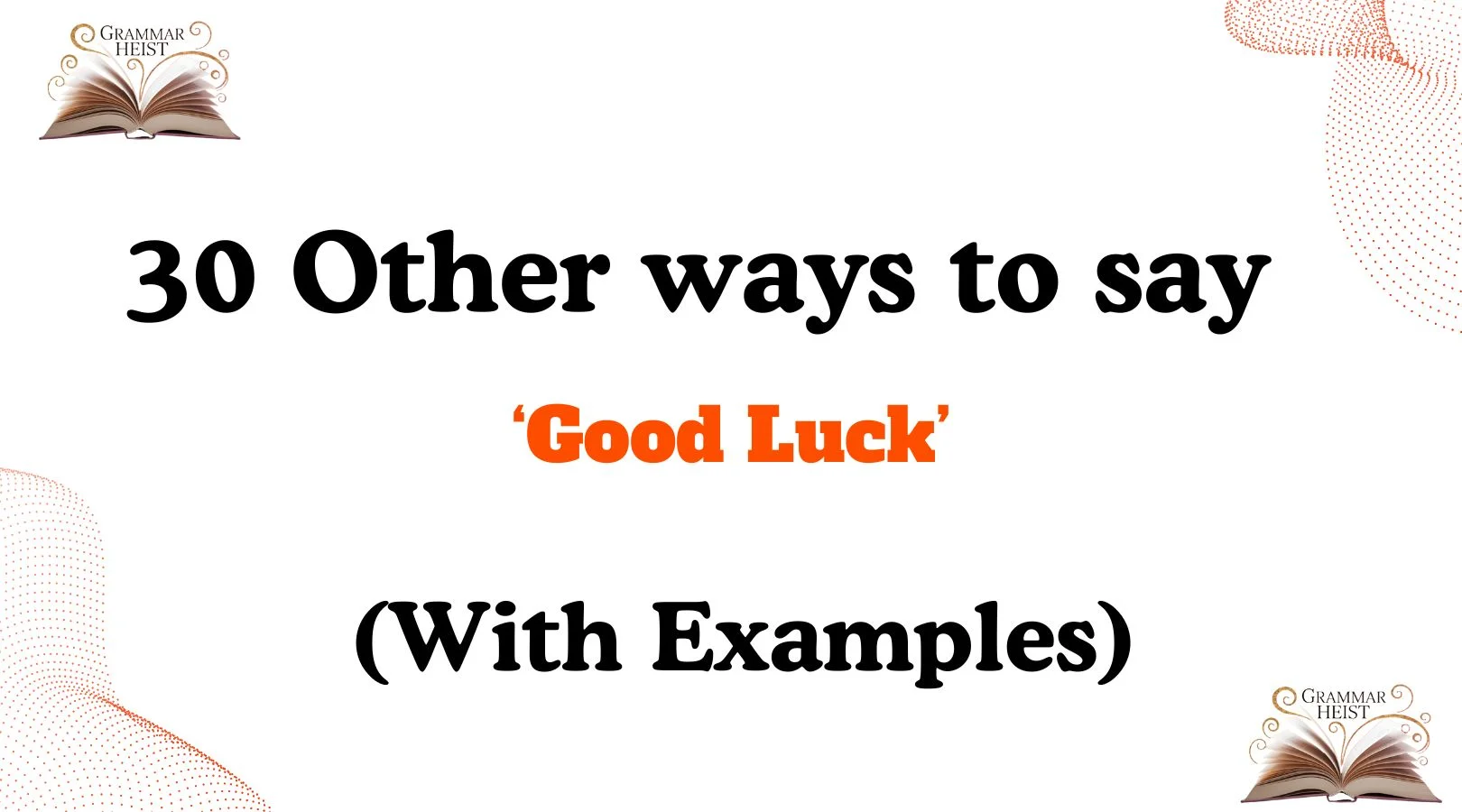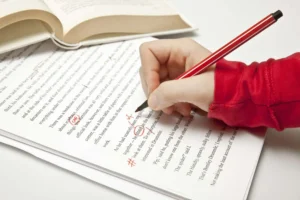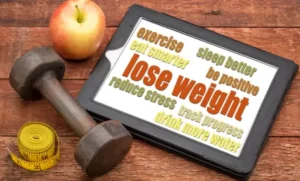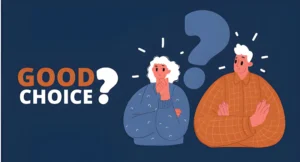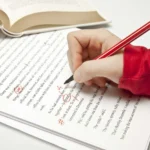Finding the right words to express support can make all the difference. Saying “good luck” is simple, but sometimes you want your message to feel more personal, warm, and meaningful. Using thoughtful alternatives can show you care and create a lasting impression. Below are 30 creative ways to wish someone well, complete with scenarios, examples, tone, and explanations.
What Does “Good Luck” Mean?
“Good luck” is a common phrase used to wish someone success or positive outcomes in an upcoming event, task, or challenge. It conveys goodwill and encouragement, signaling that you hope everything goes well for the other person.
Is It Professional/Polite to Say “Good Luck”?
Yes, “good luck” is generally considered polite and acceptable in both casual and professional contexts. However, in professional or formal settings, some alternatives may feel more refined or considerate, allowing you to express support without sounding generic.
Pros and Cons of Saying “Good Luck”
Pros:
- Short and easily understood
- Universally recognized
- Conveys support quickly
Cons:
- Can feel generic if overused
- May lack personal warmth
- Doesn’t specify encouragement for the task at hand
Synonyms For “Good Luck”
- Wishing You Success
- All the Best
- Fingers Crossed
- Break a Leg
- Knock ‘Em Dead
- May Fortune Favor You
- Wishing You the Best of Luck
- Here’s to Your Success
- Wishing You Well
- May the Odds Be Ever in Your Favor
- Sending Positive Vibes
- Hope Everything Goes Well
- Rooting for You
- May Success Be Yours
- Hope You Nail It
- Wishing You a Smooth Journey
- Make It Happen
- May the Best Outcomes Be Yours
- Knock It Out of the Park
- Hoping for the Best
- Sending You My Best
- Go Get ‘Em
- Wishing You Every Success
- May You Achieve Your Goals
- Hoping It All Works Out
- You’ve Got This
- Make Your Dreams Come True
- Here’s Wishing You Well
- May Your Efforts Pay Off
- Wishing You Triumph
1. Wishing You Success
Scenario: Someone has an important presentation.
Examples:
- Wishing you success in your presentation today!
- I’m wishing you success as you launch your project.
- Wishing you success in everything you set out to do this week.
Tone: Encouraging, supportive
Explanation: Focuses on outcomes and achievements, making your encouragement feel specific and thoughtful.
2. All the Best
Scenario: A friend is starting a new job.
Examples:
- All the best in your new role!
- Wishing you all the best for the big day tomorrow.
- Sending all the best as you begin this exciting journey.
Tone: Warm, general
Explanation: A friendly, versatile alternative that can suit both casual and professional contexts.
3. Fingers Crossed
Scenario: Someone is awaiting exam results.
Examples:
- Fingers crossed for your exam results!
- I’m keeping my fingers crossed for your promotion.
- Fingers crossed that everything goes smoothly today.
Tone: Casual, playful
Explanation: Informal but expresses hope and positivity.
4. Break a Leg
Scenario: A friend is performing on stage.
Examples:
- Break a leg in tonight’s show!
- Wishing you the best—break a leg!
- Go out there and break a leg!
Tone: Encouraging, theatrical
Explanation: Common in performing arts, showing support while avoiding “good luck” directly, which some performers avoid.
5. Knock ‘Em Dead
Scenario: Someone is giving a major presentation.
Examples:
- Go knock ‘em dead in your pitch!
- Knock ‘em dead at the interview!
- You’ll knock ‘em dead at the competition!
Tone: Confident, motivating
Explanation: Energetic and uplifting, perfect for boosting confidence.
6. May Fortune Favor You
Scenario: A colleague is attending an important networking event.
Examples:
- May fortune favor you at the meeting today.
- Wishing that fortune favors you in your new venture.
- May fortune favor your efforts this week.
Tone: Formal, sincere
Explanation: Slightly literary, adds elegance to a simple wish.
7. Wishing You the Best of Luck
Scenario: Someone is participating in a sports competition.
Examples:
- Wishing you the best of luck in the tournament!
- Best of luck as you start your new project.
- Wishing you the best of luck on your journey ahead.
Tone: Friendly, thoughtful
Explanation: Slightly more emphatic than “good luck”, adding warmth.
8. Here’s to Your Success
Scenario: Friend launching a startup.
Examples:
- Here’s to your success with the new business!
- Cheers! Here’s to your success in the exam.
- Here’s to your success in all your future plans.
Tone: Cheerful, optimistic
Explanation: Celebratory, conveys support and positivity simultaneously.
9. Wishing You Well
Scenario: Someone is traveling abroad.
Examples:
- Wishing you well on your journey.
- I’m wishing you well in your new role.
- Wishing you well in every step of your journey.
Tone: Gentle, caring
Explanation: Simple yet warm, implies both success and safety.
Read More:30 Other Ways to Say ‘It’s My Pleasure to Help You’ (With Examples)
10. May the Odds Be Ever in Your Favor
Scenario: A friend is competing in a game or contest.
Examples:
- May the odds be ever in your favor for the tournament!
- Good luck! May the odds be ever in your favor.
- Wishing you well—may the odds be ever in your favor.
Tone: Playful, encouraging
Explanation: Popularized by pop culture, fun yet supportive, ideal for casual encouragement.
11. Sending Positive Vibes
Scenario: Friend has an important exam or interview.
Examples:
- Sending positive vibes your way for the interview!
- I’m sending positive vibes for your big presentation.
- Sending you positive vibes to help you ace your test.
Tone: Friendly, uplifting
Explanation: Casual and warm, emphasizes emotional support.
12. Hope Everything Goes Well
Scenario: Colleague is attending a client meeting.
Examples:
- Hope everything goes well in today’s meeting.
- I hope everything goes well with your project.
- Hope everything goes well for your presentation.
Tone: Polite, reassuring
Explanation: Simple and genuine, showing care without exaggeration.
13. Rooting for You
Scenario: Friend competing in a sports event.
Examples:
- Rooting for you in the championship!
- I’m rooting for you as you present today.
- Rooting for you to get that promotion!
Tone: Casual, supportive
Explanation: Informal, expresses solidarity and encouragement.
14. May Success Be Yours
Scenario: Someone starting a new business.
Examples:
- May success be yours in your new venture.
- Wishing that success is yours in this project.
- May success be yours in everything you do.
Tone: Formal, sincere
Explanation: A refined and meaningful alternative to “good luck.”
15. Hope You Nail It
Scenario: Friend has an audition.
Examples:
- Hope you nail it at the audition!
- You’ll nail it in the presentation today.
- Hope you nail your performance tomorrow!
Tone: Casual, confident
Explanation: Energetic and motivational, implies belief in the person’s ability.
16. Wishing You a Smooth Journey
Scenario: Friend traveling for work or vacation.
Examples:
- Wishing you a smooth journey and safe travels.
- Hope your trip goes smoothly!
- Wishing you a smooth journey with no delays.
Tone: Caring, considerate
Explanation: Focuses on well-being and comfort rather than just success.
17. Make It Happen
Scenario: Someone starting a personal project.
Examples:
- Go out there and make it happen!
- Make it happen in your new business venture.
- You can do it—make it happen!
Tone: Motivational, assertive
Explanation: Empowering alternative that encourages action and confidence.
18. May the Best Outcomes Be Yours
Scenario: Colleague negotiating a deal.
Examples:
- May the best outcomes be yours in the meeting.
- Wishing you the best outcomes for your exam.
- May the best outcomes be yours in your project.
Tone: Formal, thoughtful
Explanation: Elegant and professional, conveys hope for positive results.
19. Knock It Out of the Park
Scenario: Friend pitching an idea or performing.
Examples:
- Knock it out of the park with your presentation!
- You’ll knock it out of the park in the competition.
- Knock it out of the park with that new project!
Tone: Energetic, supportive
Explanation: Playful yet encouraging, popular in sports or performance contexts.
20. Hoping for the Best
Scenario: Someone facing a challenging situation.
Examples:
- Hoping for the best in your exam results.
- I’m hoping for the best as you start this new job.
- Hoping for the best in your upcoming competition.
Tone: Gentle, sincere
Explanation: Expresses careful optimism, suitable for sensitive situations.
21. Sending You My Best
Scenario: Friend is going for an interview or meeting.
Examples:
- Sending you my best for the interview!
- Sending you my best wishes for your new venture.
- Sending you my best as you tackle this challenge.
Tone: Warm, formal
Explanation: Professional yet personal, shows thoughtfulness.
22. Go Get ‘Em
Scenario: Someone competing or performing.
Examples:
- Go get ‘em at the competition!
- Go get ‘em in the presentation today!
- Go get ‘em and show your skills!
Tone: Casual, motivating
Explanation: Energetic, conveys confidence in the person’s abilities.
23. Wishing You Every Success
Scenario: Colleague starting a big project.
Examples:
- Wishing you every success in your new role.
- Wishing you every success with the project.
- Wishing you every success in your exam tomorrow.
Tone: Formal, encouraging
Explanation: Polished alternative to “good luck,” emphasizes achievement.
24. May You Achieve Your Goals
Scenario: Friend has set personal or professional goals.
Examples:
- May you achieve your goals in the next quarter.
- Wishing you achieve all your goals this year.
- May you achieve your goals in this competition.
Tone: Sincere, motivational
Explanation: Focuses on results and aspirations, thoughtful and personal.
25. Hoping It All Works Out
Scenario: Someone facing a difficult decision.
Examples:
- Hoping it all works out with your project.
- I’m hoping it all works out for your interview.
- Hoping it all works out in your new endeavor.
Tone: Gentle, empathetic
Explanation: Conveys care and concern without pressure, soft encouragement.
26. You’ve Got This
Scenario: Friend is nervous about an upcoming challenge.
Examples:
- You’ve got this for the exam tomorrow!
- You’ve got this presentation in the bag!
- You’ve got this, just go for it!
Tone: Confident, reassuring
Explanation: Casual, instills confidence and belief in the person.
27. Make Your Dreams Come True
Scenario: Someone pursuing a long-term goal.
Examples:
- Make your dreams come true with this new venture!
- Go ahead and make your dreams come true.
- Wishing you luck in making your dreams come true.
Tone: Inspirational, warm
Explanation: Encourages ambition, focuses on hope and fulfillment.
28. Here’s Wishing You Well
Scenario: Colleague starting a new project or role.
Examples:
- Here’s wishing you well in your new position.
- Here’s wishing you well for the upcoming exam.
- Here’s wishing you well as you tackle this challenge.
Tone: Polite, supportive
Explanation: Gentle, formal-friendly alternative, fits professional and casual settings.
29. May Your Efforts Pay Off
Scenario: Someone working hard on a project.
Examples:
- May your efforts pay off in the competition.
- Wishing your efforts pay off in the presentation.
- May your efforts pay off with the new project.
Tone: Encouraging, sincere
Explanation: Emphasizes hard work and positive outcomes, thoughtful and personal.
30. Wishing You Triumph
Scenario: Friend is competing or presenting.
Examples:
- Wishing you triumph in your performance tonight.
- Wishing you triumph in your new role.
- Wishing you triumph as you take this challenge.
Tone: Formal, uplifting
Explanation: Strong, celebrates potential success, ideal for both personal and professional contexts.
Conclusion
Choosing alternatives to “good luck” allows you to express care, encouragement, and personal connection. Each alternative can suit different tones, situations, and relationships, from casual support to formal professional wishes. By thoughtfully selecting words, your message feels genuine, memorable, and meaningful.

Mia Rose is a skilled language expert with a deep passion for helping individuals master the art of writing and communication. With years of experience in the field, Marie brings a thoughtful and tailored approach to grammar, style, and language improvement. Her goal is to empower others to express themselves with clarity, precision, and confidence in every written word.
